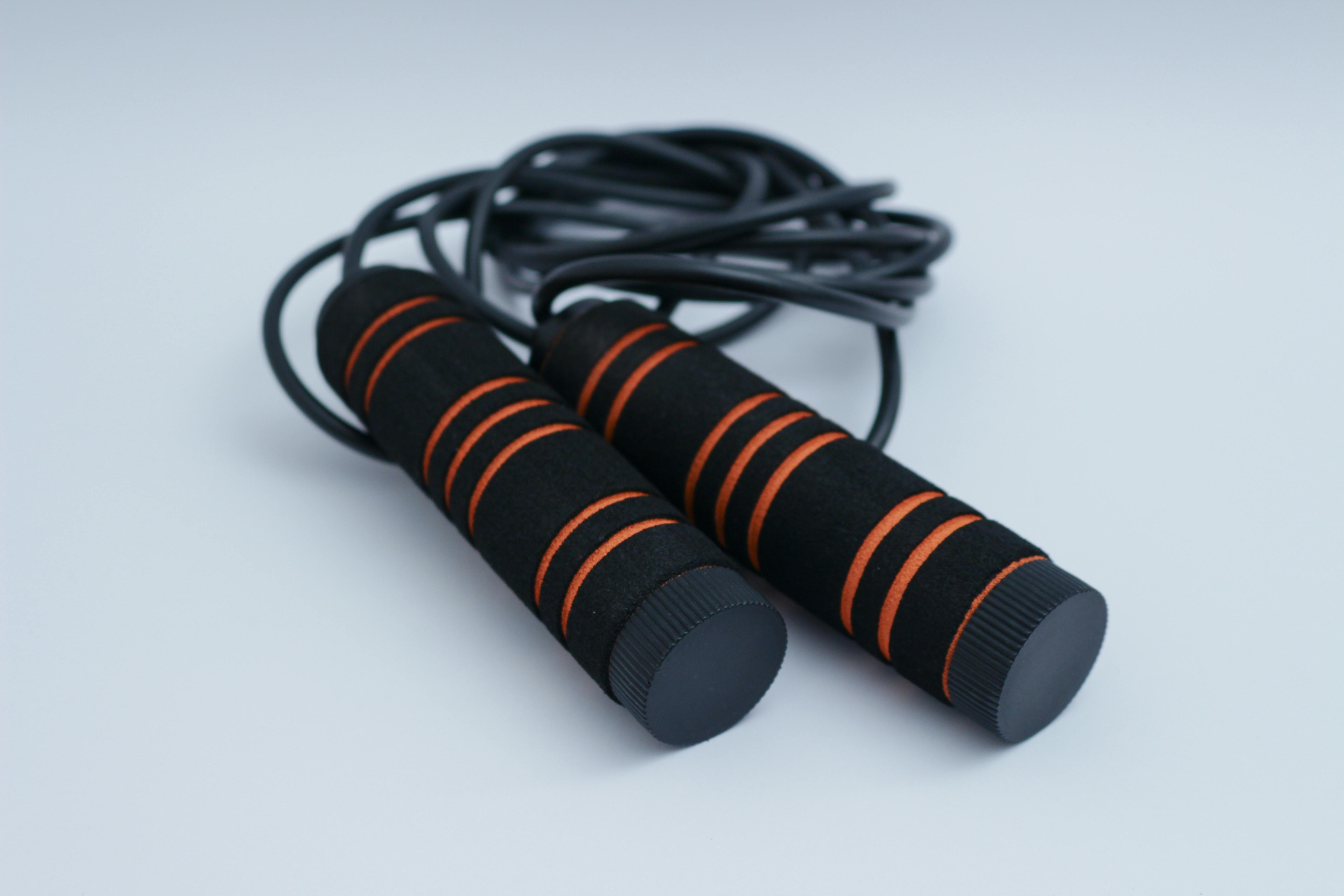Many women have read or been told that their unexpected weight gain may have something to do with their thyroid health. It’s not always the case, but it’s certainly a possible factor.
Our thyroid gland is one of the major key players in how our body regulates our metabolism and how it uses nutrients from the food we eat. Studies also show that even the smallest changes that occur with our thyroid gland can have an impact on our weight.
Sudden weight gain and hypothyroidism
While not everyone can blame their thyroid for unexpected weight gain, there are others who have found that their difficulty losing weight can be attributed to hypothyroidism.
If a person has hypothyroidism, it means that their thyroid gland is working slowly. This slowness leads to a deterioration in the ability of the glans to produce the proper hormones. As a result, the ability to use the nutrients provided by food properly will also slow down.
The reason more women are prone to problems with thyroid health and weight gain is because the thyroid glands are linked to other systems in your body. Some of the key systems that affect thyroid function are neurotransmitters, adrenal glands, and reproductive hormones.
How can you avoid weight gain and thyroid problems?
An obvious answer to this question is to maintain a healthy and balanced diet. When it comes to nutrition, consistency is very important.
If you are diagnosed with hypothyroidism, it is very important that you are constantly only Eat healthy foods all the time, not just when you feel like it.
It is a very common scenario to start on a healthy eating program only to relapse and then repeat the cycle.
This yo-yo dieting can negatively affect metabolic rate, weight gain, and overall health.
How to support thyroid health
Thyroid health or otherwise is not a random event and there are steps you can take to care for your thyroid. Here are some recommendations.
- Eat whole foods to get essential vitamins and minerals. Selenium, iodine, zinc, copper, and iron are some of the nutrients needed for thyroid health.
- Those who follow a low-salt diet and those who live in northern climates may be deficient in iodine and vitamin D. Consult your doctor before taking vitamin D and iodine supplements.
- Always stick to your feeding time for regular meals and snacks. Avoid skipping meals and be sure to eat breakfast to jumpstart your metabolism.
- Protein and fiber should always be present at every meal. Learn which foods are good sources of fiber and protein so you can plan your meals to include them.
- Foods made with gluten, sugar, processed foods, and alcoholic beverages should be strongly avoided because they contain substances that can negatively affect proper thyroid function.
- Broccoli, cabbage, and cauliflower are some examples of goitrogens that must be eliminated from a patient’s diet because they contain thyroid-suppressing compounds.
- Exercise for at least thirty minutes every day to maintain healthy circulation and improve your thyroid’s ability to deliver necessary hormones.
If you are experiencing some or any of the symptoms of hypothyroidism, such as dry skin, low energy, insomnia, weight gain, depression, joint pain, heart disease, and allergies, it may be time to see your doctor.
With continued awareness and application, it is quite possible to alleviate the effects of hyperthyroidism, making weight control easier and leading to better overall health.




